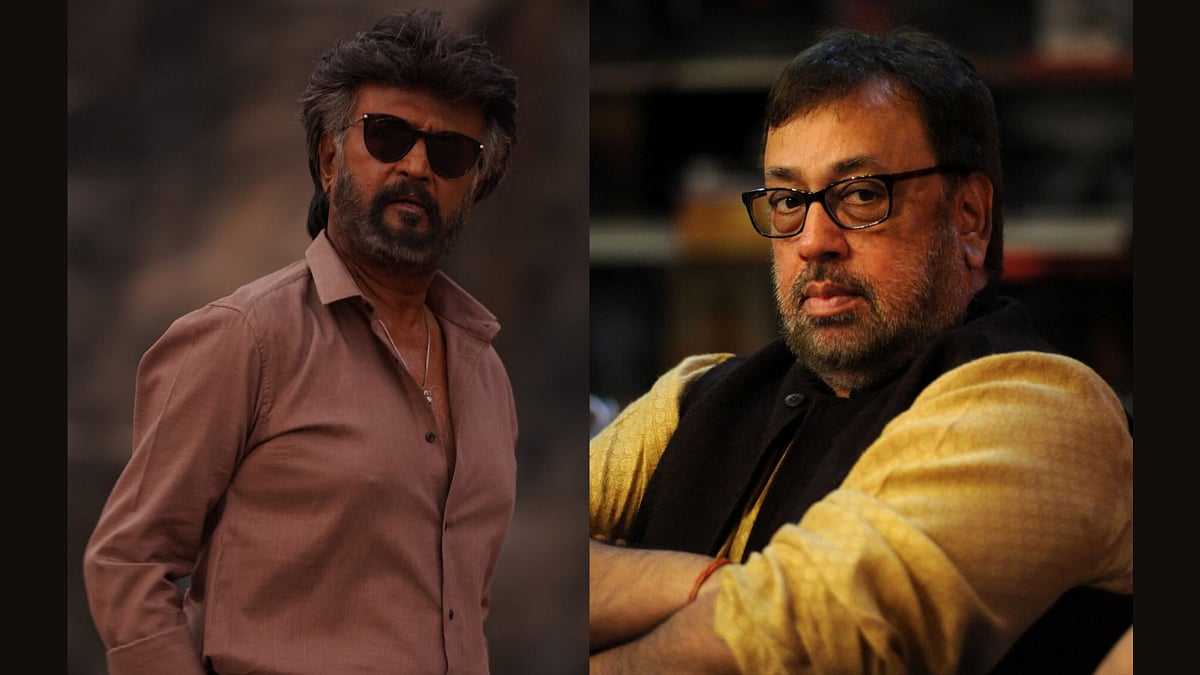Cancer is no longer a rare disease in India. Each year, more than 14 lakh people are diagnosed, and many reach hospitals only at advanced stages. Treatment is expensive, specialists are few, and most cancer centres are concentrated in big cities. But India also has strengths: strong IT skills, affordable drug manufacturing, and an innovation culture. If used wisely, artificial intelligence (AI), genetics (genomics), and simple care models can make cancer care both affordable and accessible.
Genetics to find cancer and personalize care
Most cancer tests today are built using data from Western countries. But Indians have different genetic patterns. India’s GenomeIndia project is building an Indian reference map of genes, which can help identify people at higher risk of cancers like breast or ovarian cancer (through low-cost genetic tests). It can match the right medicine to the right patient, avoiding unnecessary costs. It can also prevent cancer in high-risk families through regular check-ups. If the government subsidises key tests under Ayushman Bharat or state schemes, these can be made available beyond metro hospitals.
AI to expand doctors’ reach
India has fewer than 2,500 oncologists for crores of patients. AI can act like an assistant. AI screening tools can detect oral, cervical, or breast cancer at community health centres, where specialists are absent. AI for X-rays and pathology slides can speed up diagnosis and reduce errors. Tele-oncology with AI support can allow doctors in cities to guide smaller hospitals remotely.
Pilot projects in Tata Memorial and other centres have shown this works. What is needed now is scale through public-private partnerships and inclusion of AI in health insurance packages. Karnataka government is deploying an AI-based lung cancer screening system (via chest X-rays) in 19 district hospitals using technology from Qure.ai in partnership with AstraZeneca. Goa state has introduced AI-driven screening of chest X-rays; flagged nodules; found early lung cancer cases.
Smarter treatment models
India is already the world’s largest producer of generic drugs. The next step is making low-cost versions of advanced cancer medicines (called biosimilars). Alongside, new care models can save money:
Day-care chemotherapy centres allow patients to get treatment without hospital admission, reducing costs by up to 30–40%.
Mobile diagnostic units can bring tests closer to patients in smaller towns.
Tele-tumour boards can connect district doctors with experts in Mumbai or Delhi, so patients don’t have to travel long distances.
Importance of building trust and safety
Dr Kshitij Joshi, Director and Co-founder of M|O|C Cancer Care & Research Centre while speaking to our correspondents mentioned that the role of AI in healthcare and cancer in particular is evolving. For AI and genomics to work at scale, India needs clear rules in standardised data collection so AI models can work across hospitals. We need privacy safeguards so that patient data isn’t misused. He further said that independent validation of AI tools should be done before public rollout.
(Dr Kshitij Joshi, Director and Co-founder of M|O|C Cancer Care & Research Centre)









